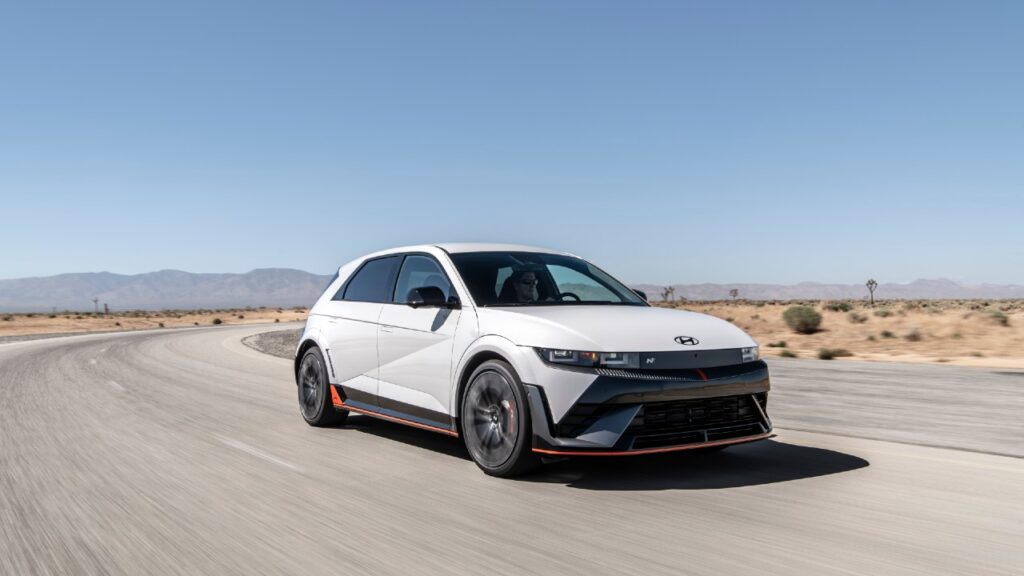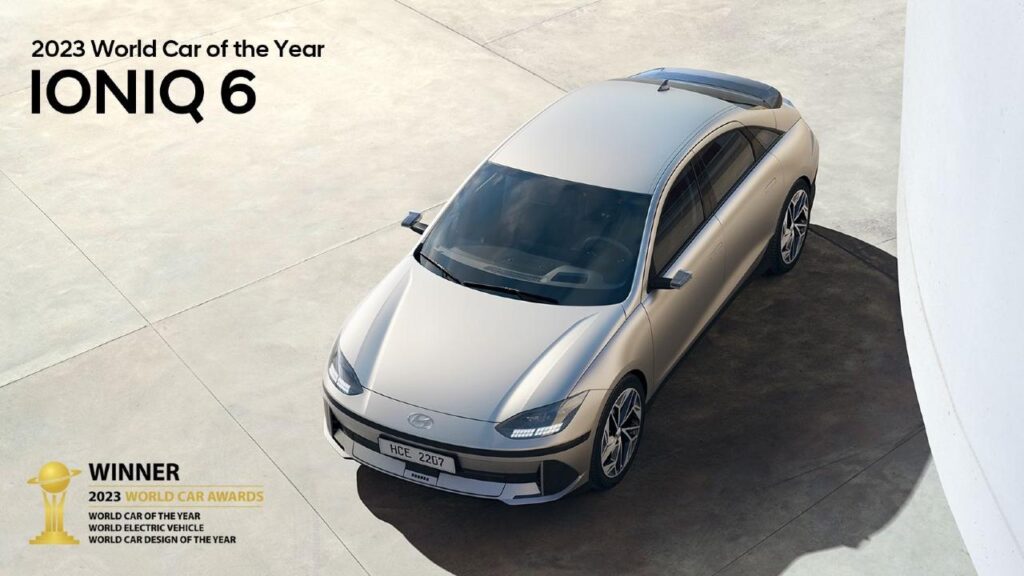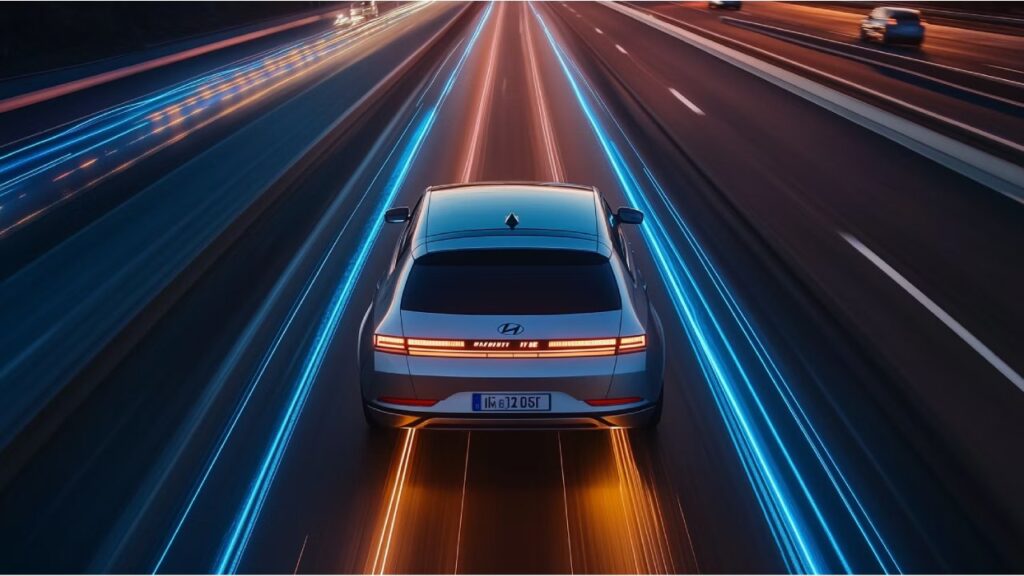The Korean auto marque has reportedly filed a patent in the U.S. pertaining to wireless EV charging while on the go
Hyundai is working on a creative solution to enable wireless EV charging on the move. Now, we have already seen pilot programs in various countries where inductive charging technology is adopted to juice up EV batteries while moving. For this, huge investments are needed since either new roads must be constructed or existing roads need to be dug to install copper coils to conduct electric charge. Needless to say, it is an immensely expensive affair.

You might also like: Wireless Charging For EVs Could Be Revolutionary Technology
Hyundai Plans Wireless EV Charging
On top of that, these EV-friendly roads need to be pothole-free in order for the batteries to receive constant charge. However, even that is an issue. While moving on the roads, cars often move up and down significantly due to potholes or other reasons. Hence, the efficiency of this kind of charging technology comes into question. To tackle this aspect, Hyundai has filed for a patent in the U.S. It contains two parts.
Firstly, as per the details of this patent reported by CarBuzz, Hyundai wants to install a height-adjustable inductive power transfer coupler as the charging receiver. It can automatically raise and lower itself to the ideal position above the road surface to receive charge irrespective of the irregularities in the road. In this manner, the equipment will always remain in the area to keep charging while the vehicle is moving.
Secondly, the Korean auto marque wants to use a predictive suspension system just like the Magic Body Control Suspension from Mercedes-Benz. This technology uses forward-facing cameras to analyze the road ahead and adjust the car’s suspension according to the requirements for the ideal and uninterrupted working of the wireless charging mechanism. We know that Hyundai EVs come with V2X (Vehicle-to-Everything) technology.
It collects real-time data to make the navigation system recommend the smoothest and most efficient routes for wireless charging. Of course, this will be critical once there are enough roads which support wireless EV charging. The end goal is to allow consistent energy flow to keep charging the vehicle without the need to ever stop.

You might also like: 2025 Hyundai Ioniq 5 XRT Spotted Sans Camo For The First Time Ever
Learn Electric Cars Says
At present, there are some energy players who are working on this technology. In fact, one of the major names in this space is Electreon. It recently constructed a 100-meter EV charging road in Norway as a pilot project. Apart from that, such initiatives are being experimented with in countries like the U.S., Norway, Sweden and France. However, as I mentioned previously, the entire process is extremely cost-intensive. There are not enough EVs to justify the cost.
On the positive side, such roads will reduce dependence and investment on public charging stations. Of course, these won’t disappear. Still, the congestion will go down significantly. Furthermore, knowing that this charging method is there will allow automakers to equip EVs with smaller battery packs. This will reduce weight, increase efficiency and reduce the costs of electric cars substantially. Therefore, just like every other developing technology, there are distinct benefits and challenges. Let us see how things turn out in times to come.

